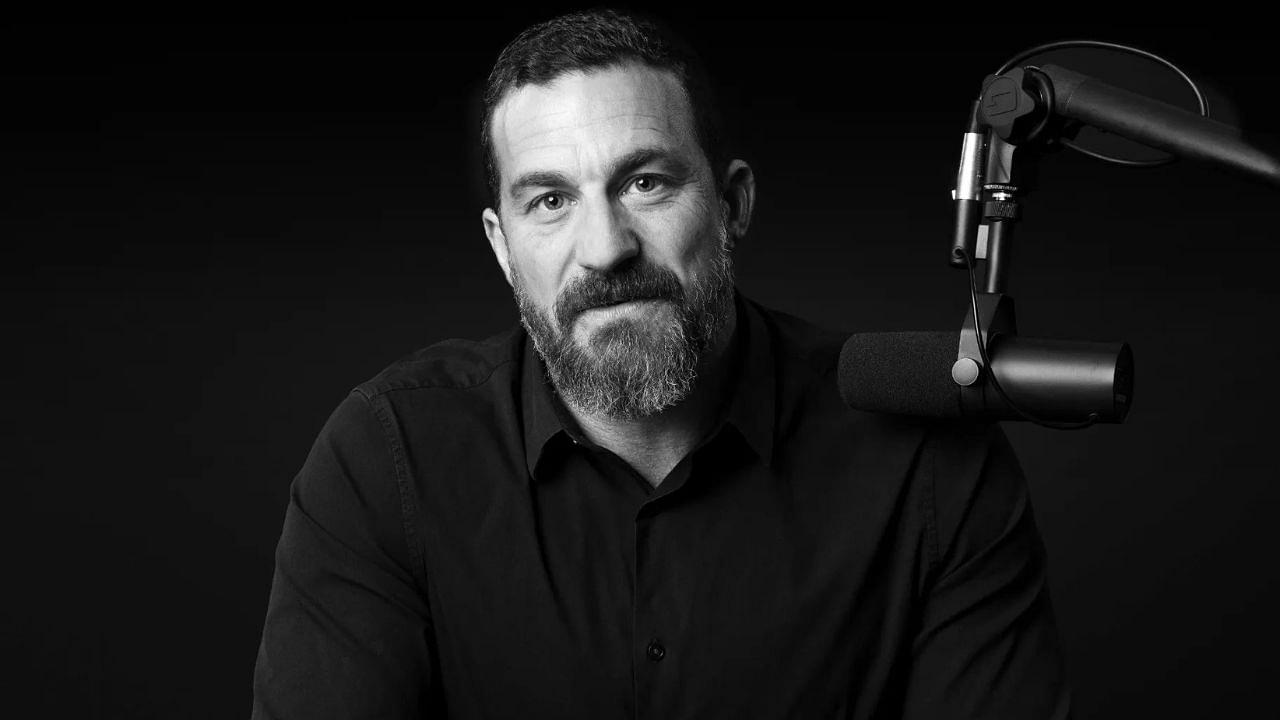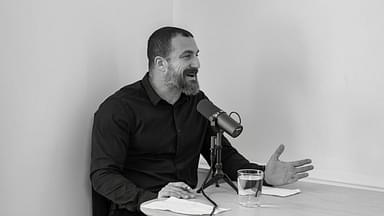The placebo effect works intriguingly due to its ability to manipulate the outcomes of a situation. Neuroscientist Dr. Andrew Huberman recently presented many facets of the specialized mental event. One of the segments that stood out in his recent video about the subject on YouTube was its correlation with insulin release.
Unlike the rare situation where people experience a placebo under experimental circumstances involving special drugs and injections, Dr. Huberman suggested that the average person could easily come across something similar in their day-to-day life. It occurs through classical conditioning.
Classical conditioning is a type of placebo effect where two occurrences are connected by association. An easy example would be how the smell of certain foods makes an individual hungry. Consuming these foods can trigger many biological responses, but Dr. Huberman suggests these effects are triggered even before consumption.
According to the neuroscientist, researchers have observed an increase in insulin levels just by smelling foods nearby. The classical conditioning in such cases is so strong, that the trigger doesn’t even have to be related to foods.
“Experiments have been done where…somebody eats a particular food…and just prior to consuming or during consuming that food there’s a bell ringing or a buzzer in the background going off and they do that a few times and…somebody can just hear the buzzer or the bell…and that person will experience an increase in insulin.”
Ideally, one shouldn’t have a biological response to an otherwise normal occurrence like a bell or a buzzer sounding off. Yet, the placebo effect is so strong that associating something harmless with a food that causes an increase in insulin can have the same effect independently.
However, Dr. Huberman claims that since one can induce the effect easily, one can also modify it to an individual’s benefit. The part of the brain responsible for this experience is the prefrontal cortex, which ultimately administers the hormone release. In this case, the placebo effect was also a case of classical conditioning. Explaining the history behind the occurrence, Dr. Huberman joked:
“A bell rung before the consumption of food in a dog eventually led to a situation where the mere ringing of a bell could evoke salivation from those dogs so are we all just like salivating dogs I guess we are.”
Dr. Andrew Huberman explained the neuroscience behind placebo
When a human perceives their physical discomfort or pain, a placebo effect has the power to change outcomes. While it is often associated with means of trickery, Dr. Huberman recently suggested in an Instagram video that the phenomenon was a biological process.
A placebo effect triggers hormonal responses in the body. Therefore, it presents solid proof of change on a chemical and biological level. Be it changing capsule colors for increased efficiency or, as mentioned above, increased hunger due to smelling food, the placebo effect is a crucial part of understanding the human brain.





